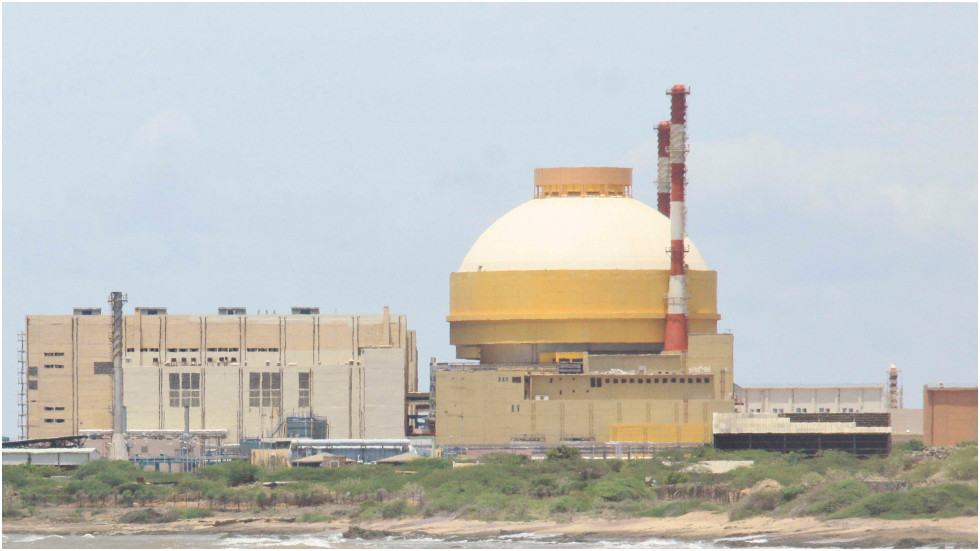Indian nuclear plants ‘absolutely safe’ as recent malware attack was limited to ‘administrative block’

The Indian government has assured lawmakers that its nuclear infrastructure is “completely safe” following a spate of rumors that a North Korean malware attack had crippled vital systems at one facility.
Addressing reports of a cyber breach at the Kudankulam Nuclear Power Plant (KNPP), Minister of State in the Prime Minister's Office Jitendra Singh insisted on Thursday that there was no reason for concern at the KNPP or any other nuclear facility in India.
“Let me assure the House that the nuclear plants in the country are completely safe,” Singh told India’s upper chamber of parliament, the Rajya Sabha.
We follow the mantra of safety first and production later.
The malware incident at the KNPP was initially brought to light by a former officer of the National Technical Research Organisation, who said he had “witnessed a casus belli in the Indian cyber space” after he was informed of a low-level “domain controller” hack affecting non-critical systems at the plant back in September. Speculation about the extent of the intrusion soon spread like wildfire on social media.
Also on rt.com Indian nuclear power plant refutes major cyber attack rumors, says all critical systems ‘air-gapped & impossible to hack’
Indian officials flatly denied the wildest of the rumors – arguing that a cyber attack on the KNPP was “not possible” because the facility was not linked to the internet or any other external network – but on Thursday Singh admitted there had been a breach of non-critical systems, and maintained the problem was fully resolved.
“The malfunctioning was confined to administrative block and the plant per se is absolutely safe,” Singh said, adding that a “quarterly cyber security audit” had been created in hopes of identifying similar issues in the future. Details of the intrusion however remain unclear.
The minister also outlined steps that had been taken since the malware attack to further strengthen security at sensitive facilities like the KNPP, including “restriction on removable media,” such as USB drives, as well as “blocking of websites and IPs which have been identified with malicious activity.”
Also on rt.com India to build 10 reactors in big nuclear power push
Think your friends would be interested? Share this story!



